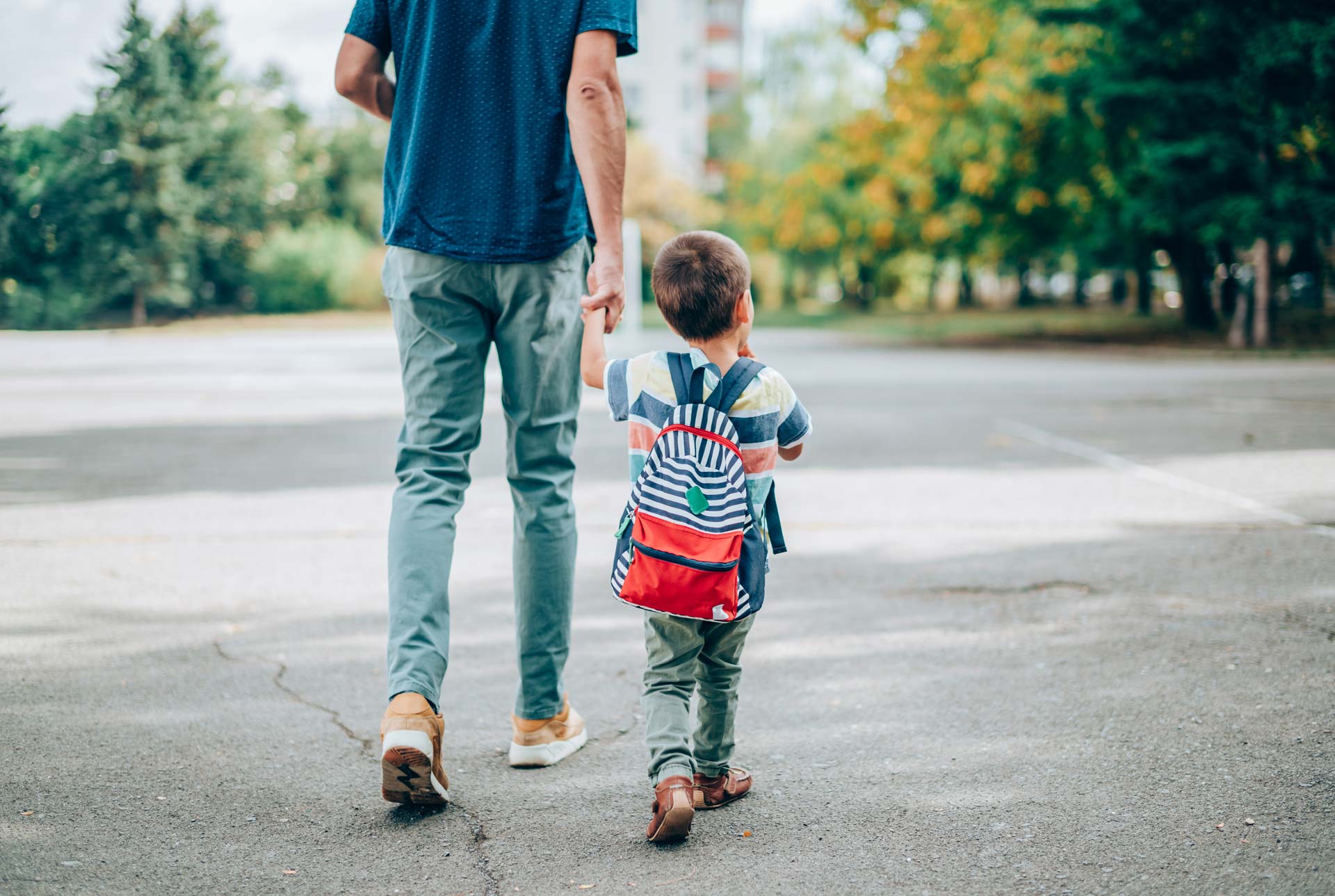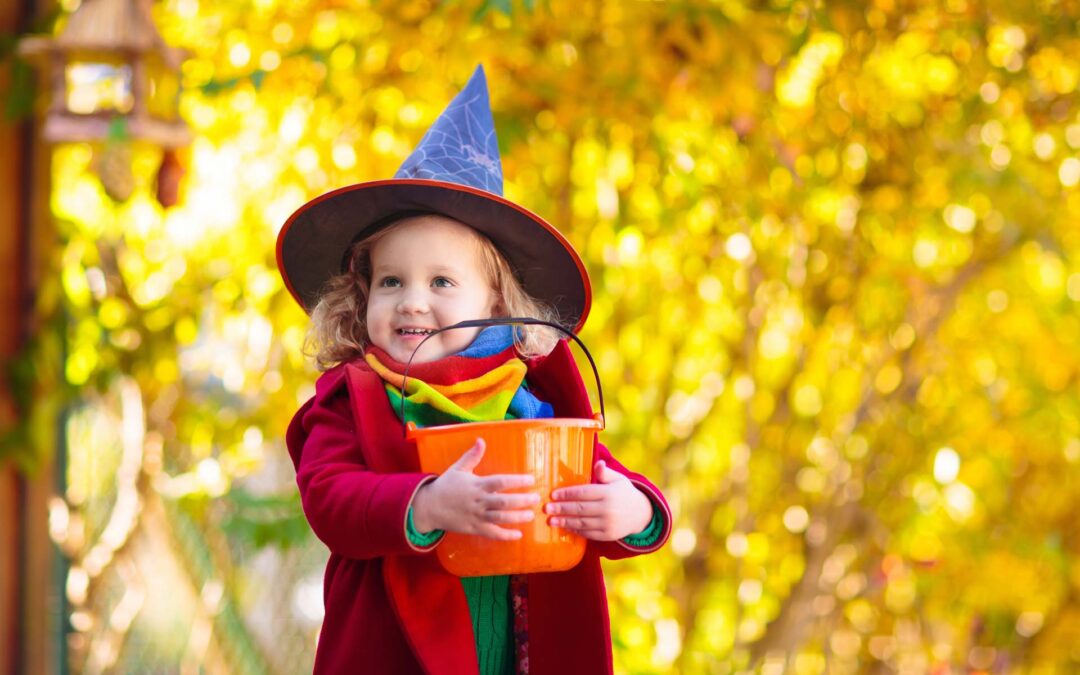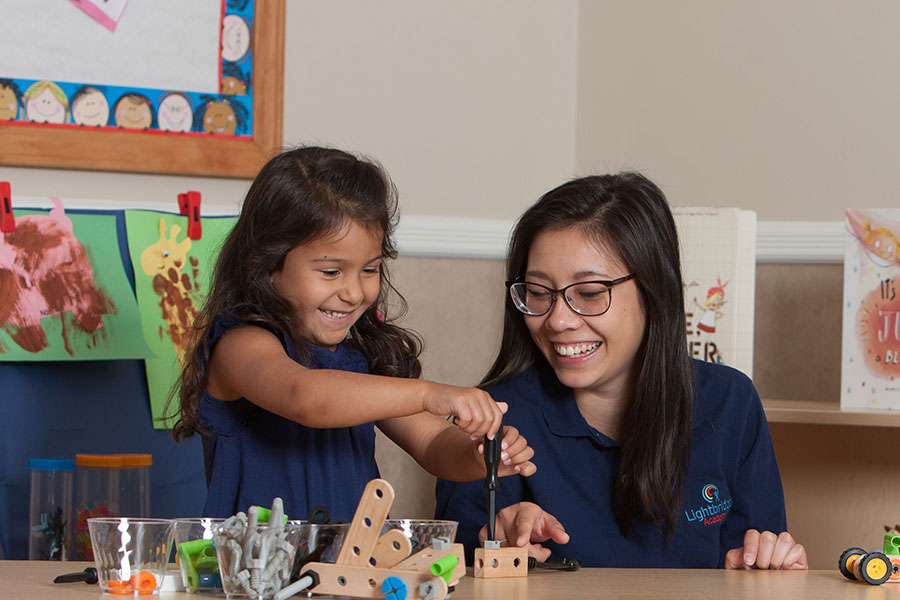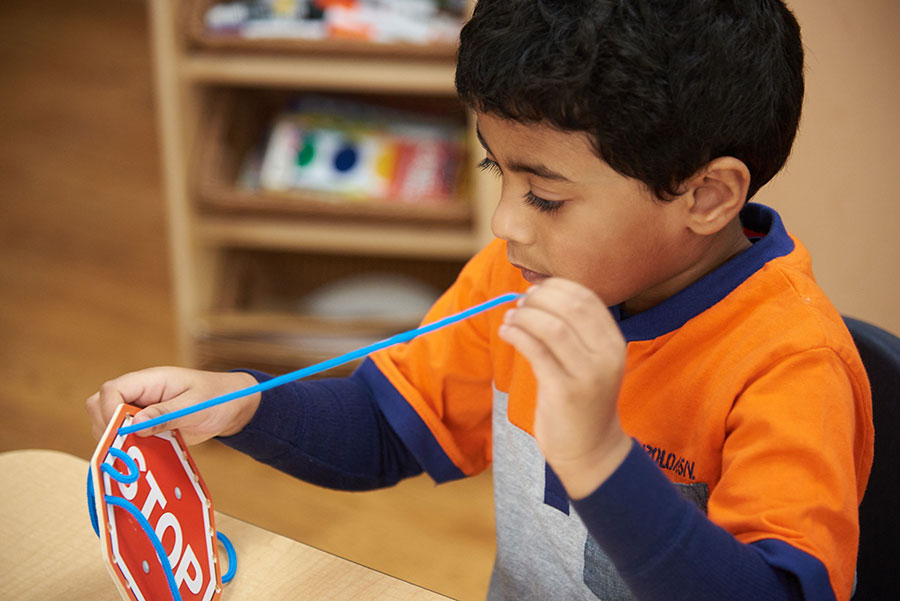Without the ability to interact with other children, children do not develop some of the essential life skills, such as taking turns, sharing, following a schedule, and communicating with others, which are foundational for healthy social development and school readiness.
While children are at lower risk of contracting the COVID-19 virus, the psychological effects of the global pandemic have hit society’s youngest members especially hard. In particular, young children in the formative early years have been most vulnerable as they are at a critical time of social and intellectual development, according to a 2020 study released by the Canadian Journal of Public Health. As schools closed across the country, many children lost an entire year’s worth of social stimulation they would have normally experienced outside their home. Now, parents remain rightfully concerned about how the pandemic may have impacted their children’s long-term social and academic development.
Play and socialization are key components of a child’s early education. Children are naturally social creatures, and in many ways, “play” is how they learn essential life skills such as taking turns and regulating emotions. They also stimulate synaptic connections in the early stages of development through the development of conversational skills and emotional expression. Due to the isolation and lack of social interaction over the past year, children have not only fallen behind in this regard, but they may also be hesitant or anxious to return to the in-person classroom as schools and child care centers start to reopen. While parents should work with their pediatrician on any developmental concerns, there are a few tips on how to support your child in the development of social skills.
For example, creating a diligent schedule can go a long way in helping children adjust to new environments. As parents tried to juggle working from home and virtual schooling over the past year, some days, children never got out of their pajamas. This lack of structure can have an overall negative impact on a child’s emotional well-being — a proper schedule is proven to eliminate stress, which allows children to better develop healthy social and academic habits.
A great way to ease children back into a social environment is with a hybrid approach where children can attend a program in a small group environment, such as a child care on a part-time basis, and balance the remaining days at home. Children are resilient, and parents are often surprised at how quickly their child adjusts and thrives in a new environment. Through play and with nurturing and positive reinforcement, they will learn to make new friends and seek interactive learning experiences. As children adjust, so can their schedule.
Enrolling in child care is a great way for children to regain the structure they need to feel secure and the support needed to progress. Choose a center that offers a quality curriculum and the technology to provide peace of mind with online cameras and other communication tools to help ease the transition.
Luckily, the future of a child’s socialization isn’t completely reliant on the parents. Across the board, school districts and supplemental education centers have also been prioritizing the social and emotional health of their students. Some child care centers even incorporate yoga and mindfulness programs into the daily curriculum, for example. During the back-to-school adjustment period, children may become anxious, and early childhood education providers will likely pay more attention to these self-soothing practices moving forward.
In addition to incorporating mindfulness and other calming activities into the curriculum, educators will likely be more focused on encouraging play and interaction through STREAM classes. When children can collaborate with peers in a classroom, it encourages the development of essential life skills, such as taking turns, sharing, and communicating with others.
Looking ahead, elementary schools, supplemental education centers, and parents should all understand that most children are going to need more support and may even struggle to meet previously set benchmarks.. The good news is that children are resilient and likely to bounce back quickly. Hopefully, the COVID-19 crisis has helped educate the general population to recognize that children’s social development is just as important as academics and that the two are inherently linked. By keeping social and emotional development at the forefront of everyone’s mind, we can help children return to a healthy school routine, reduce anxiety, and ensure academic success.
Jennifer Romanoff, MA ECE, is a trainer of early childhood teachers, center administrative teams, and owners. A published author of three books on responding to toddler behavior, Jennifer has been teaching and training in the early childhood education field for over 29 years. She has presented nationally both through live sessions and webinars. As VP of Education and Training for Lightbridge Academy, Jennifer also creates trainings to support best practices, excellence in education, and the accreditation process. A supervisor series of trainings, developed specifically for center administrative teams and child care owners, as well as a distance learning training module, are Jennifer’s current focus, utilizing a production studio, an online learning platform, and virtual classroom capabilities. Jennifer is the proud mom of a 19-year-old daughter, Madelin, and two fur babies, Scarlett and Buttercup.






